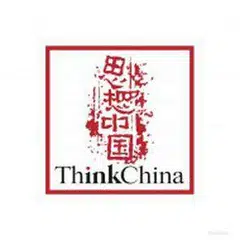Can China and Russia reject Western political civilisation and still prosper?

It is said that people cannot see the truth when they are in the midst of an event.
A person who is overly preoccupied with one topic or area of study may overlook the connections and the big picture and will not be able to see things as clearly as a bystander. Confusion may also result from current events, where the correct inferences could only be made in hindsight after the dust has settled, which would take time.
Lies that become truths
Today's world often leaves people divided. For instance, Russia has clearly launched a brutal war of aggression against Ukraine, yet from the perspective of its president, foreign minister and government spokespersons, the country projects self-righteousness. It claims to represent the forces of justice, while portraying Ukraine as neo-Nazis and suggesting that it is the Western countries that had provoked the war with their support of Ukraine's resistance.
Such blatant lies run rampant, yet there are fans blindly cheering in support, which might make the ignorant even more confused. Could it be that Joseph Goebbels, the propaganda minister of Nazi Germany, was unfortunately correct in saying that if you repeat a lie often enough it becomes the truth?
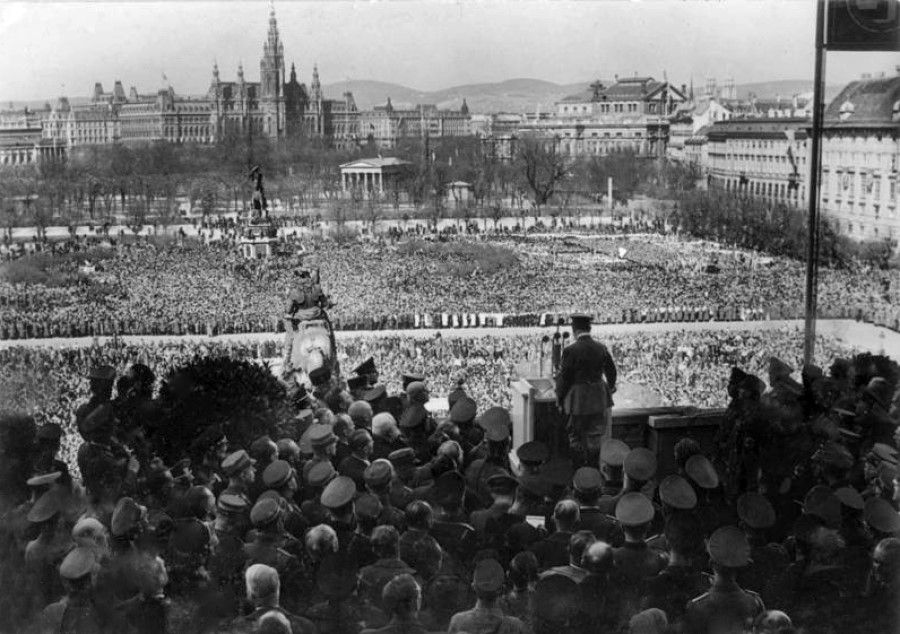
One of the most successful propaganda deceptions carried out by Nazi Germany at the time was that by the end of the Second World War, most Germans were unaware of the Nazi regime's genocide of Jews. However, more and more historical truths and facts were revealed as time passed - Goebbels' lies were ultimately lies.
In today's era of advanced information technology and the internet, the lies of Russia and figures like Putin, filtered through time, are more likely to be exposed for what they truly are.
Some feel that Putin and Russia's fatal misjudgement treads the same old path with new shoes, severely lagging behind the knowledge and trends of modern civilisation, and attempting to challenge the modern civilised world with outdated and obsolete methods. From the perspective of civilisations, this is akin to using swords and spears to challenge cannons and rifles - defeat is assured.
Is it money, nuclear weapons, resources, power and brute force, or is progress in civilisation as a whole what drives development?
This analogy may be difficult for some to grasp, as Russia is indeed formidable, possessing over 4,000 nuclear weapons, no less than the West and the US.
But when it comes to nuclear weapons, the Putin regime and its followers have short memories. Over 30 years ago, these nuclear weapons failed to prevent the collapse of the Soviet bloc, so how can they save Russia from defeat today?
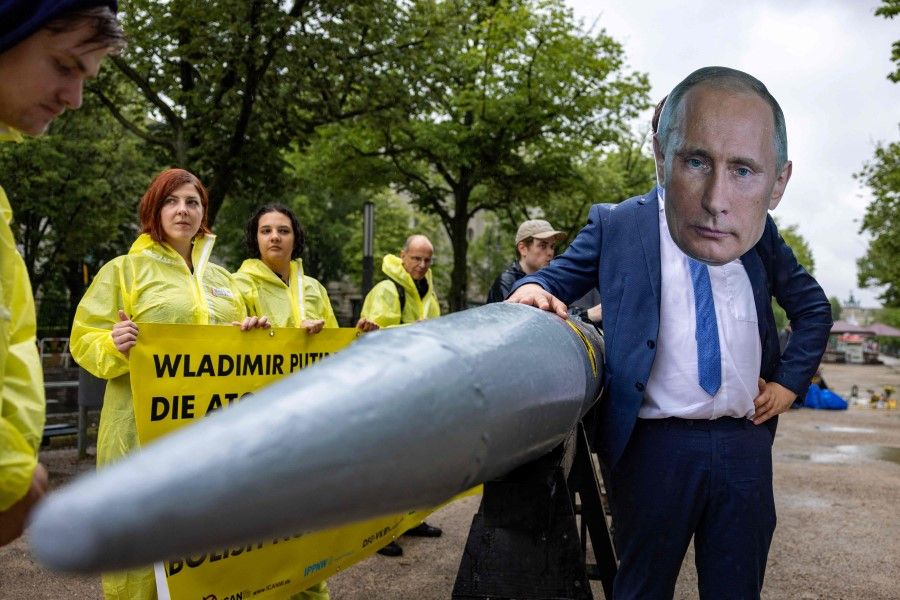
This leads to the central topic of this article: in the 21st century, what truly enables a nation and its people to prosper and rise, and achieve real development and advancement? Is it money, nuclear weapons, resources, power and brute force, or is progress in civilisation as a whole what drives development?
Political civilisation core of society's overall civilisation
And what is the elevation of civilisation? Putin and his advisors seem to have neglected careful study and observation of the world and the lessons from history.
The world's respect and admiration for the Russian nation and its culture largely stem from figures who demonstrated humanistic care such as Tolstoy, Gogol and Pushkin; the artistic genius of composers such as Tchaikovsky, Rachmaninoff and Shostakovich; technological pioneers such as Pavlov and Gagarin; and the reformist warrior Gorbachev; rather than the brutality of the tsars, the savagery of serfdom, the autocratic nightmares of Stalin, the KGB, the Gulag, or the incompetence and corruption of the Brezhnev era.
The new world of the 21st century is diverse, led by trade and technology guiding society's progress. If one continues to rely on the dated ways of brute force to conquer and subjugate, and engage in despotism internally and aggression externally, that is completely going against the tide.
But there is a huge exception - something that must not be learnt but resisted and criticised at all costs: the Western political system and civilisation.
In retrospect, Russia's journey to modernisation is comparable to China's trajectory in that both countries have benefited greatly from the best aspects of developed Western societies.
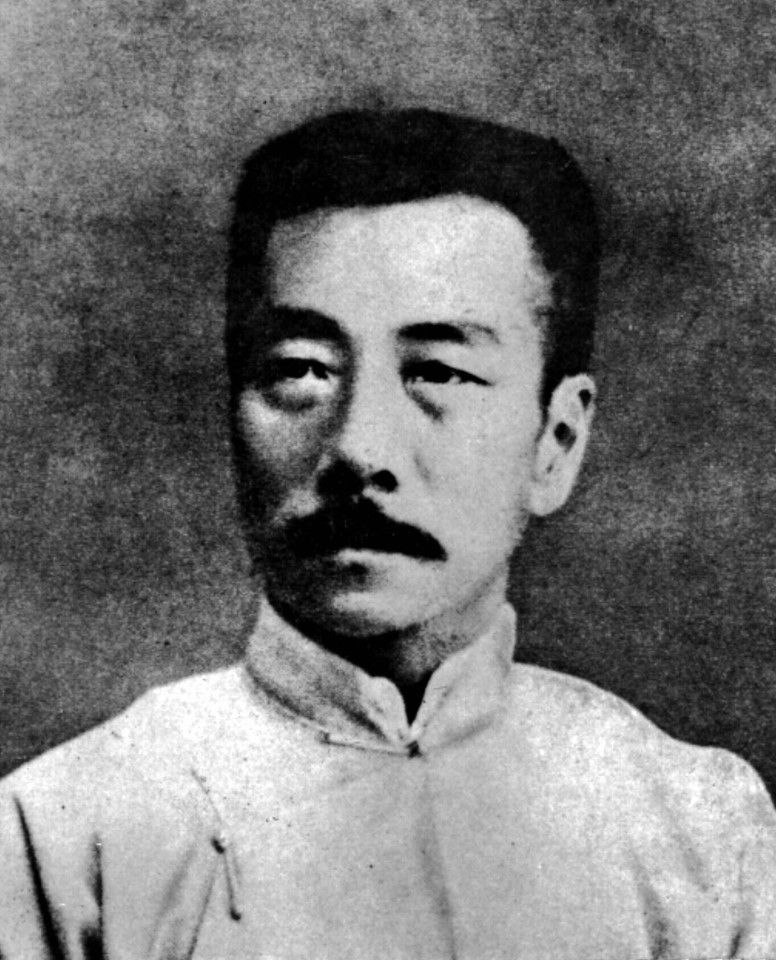
In China, writer Lu Xun called this process "take-ism" (拿来主义) or "taking from others", meaning that when encountering something beneficial from abroad, it should be adopted for one's own use. This includes infrastructure, clothing, weaponry, rockets and aeroplanes, refrigerators and air conditioners, the internet and Apple products, modern education and art, and modern trends and fashion - all of which can be learned and embraced.
But there is a huge exception - something that must not be learnt but resisted and criticised at all costs: the Western political system and civilisation. While Goebbels' overstatements and lies were ultimately crushed, they still clouded people's eyes for some time and to some extent. So why can't we emulate Western political civilisation?
The earlier modern rhetoric follows the idea of "Chinese Learning as Substance, Western Learning for Application" (中学为体,西学为用). The present narrative firmly adopts the basic principle that the Chinese feet cannot fit into the shoes of modern political civilisation.
But upon deeper analysis, such rhetoric, whether new or old, is unable to hide a critical logical flaw: political civilisation is one of the key tenets and components of a society's overall civilisation. Without an advanced political civilisation, society will be without advanced material goods, science and technology, business and trade, the rule of law and justice, military power, knowledge and education, and literature and art.
If the branches and leaves were transplanted but the trunk is rejected, isn't that putting the cart before the horse?

That is to say, political civilisation is the core of a society's overall civilisation; all other aspects are the branches and leaves. If the branches and leaves were transplanted but the trunk is rejected, isn't that putting the cart before the horse?
It's no wonder that only the superficialities were absorbed and not the essence of advancement. Taking only what's superficial is often inefficient and makes one fall at the last hurdle.
Democracy not guaranteed after economic take-offs
Were Russian and Chinese ancestors so superficial that they could only glean the power of Western guns and cannons, but not observe the order and reason of modern Western civilisation? One's attempt to imitate the superficialities would be futile if the rationale that underlies the system of civilisation were to be disregarded.
Indeed, history appears to have proven that it was all a futile effort.
Peter the Great, late-Qing statesman Li Hongzhang, and even China's reform and opening up, and Putin's empire today, all seemed to have learnt from the branches and leaves of Western civilisation but not its core, which they opposed and even resisted. In the face of this jarring and unjustified logical gap, the actual outcome can only be a terrible one.
Why do such absurdities occur? I believe that there are two reasons. First, modern political civilisations emphasise the rotation of power, rather than its monopoly. But traditional political structures and established powers will find this difficult to accept because it is too earth-shattering and appalling to them.
However, over the past decade, there have been many exceptions in the Indo-Pacific region - even after economic take-offs, democracy was at a standstill or even regressed.
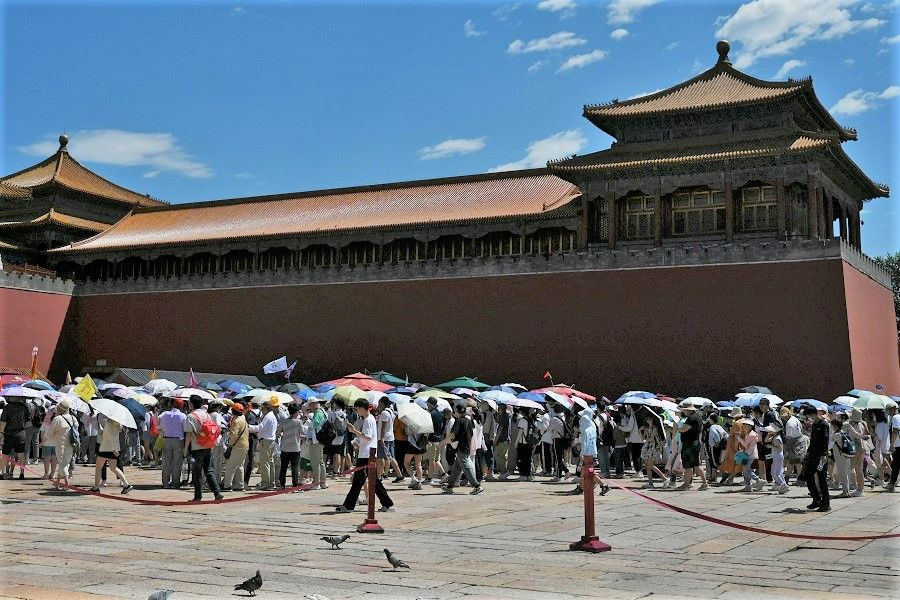
Second, transplanting the branches and leaves into a system is certainly easier than transplanting the trunk, which could cause fundamental damage or difficulties in acclimatisation. Many would simply choose to retreat as a result.
Thus, successful development models often begin with economic liberalisation under political authoritarianism, which then transitions to political democracy after achieving certain economic foundations and conditions. Three of the four democratic societies in the Indo-Pacific region - Japan, South Korea and Taiwan - follow this model. As the exception, India first inherited the democratic framework left behind by the British before developing its economy and people's livelihoods, but this is somewhat of a historical contingency.
Hence, many observers reached the optimistic conclusion that once the economy takes off, democracy will follow. However, over the past decade, there have been many exceptions in the Indo-Pacific region - even after economic take-offs, democracy was at a standstill or even regressed.
If one maintains that modern political civilisation is not advanced and even resists it, why are the fruits of this tree of civilisation so desirable? Shouldn't they be rejected as well?
Some people may question: must we emulate every aspect of modern political civilisations then? No, but some basic principles should be followed, such as democratic elections, political consultation, judicial independence, public opinion supervision, checks and balances, and civil rights. This is simply because these basic principles are representative of advanced civilisations.
If one maintains that modern political civilisation is not advanced and even resists it, why are the fruits of this tree of civilisation so desirable? Shouldn't they be rejected as well? In other words, let computers regress back to abacuses; the internet to letters; keyboards to ink brushes; automobiles to horse-drawn carriages; suits to mandarin jackets; and missiles to fire attacks. Otherwise, it will never make logical sense and will always be neither fish nor fowl. A copycat can never match the real thing.
This article was first published in Lianhe Zaobao as "难以"拿来"的政治文明".
Related: Putin's dilemma: 'Two-faced people' in the authoritarian regime | China's big hurdles returning to the forefront of civilisation | Will China and Russia join hands to push for an alternative world order? | China wants to create a new democratic system. Is that possible? | Can socialist China change society's value orientation and triumph over the ills of capitalism?
